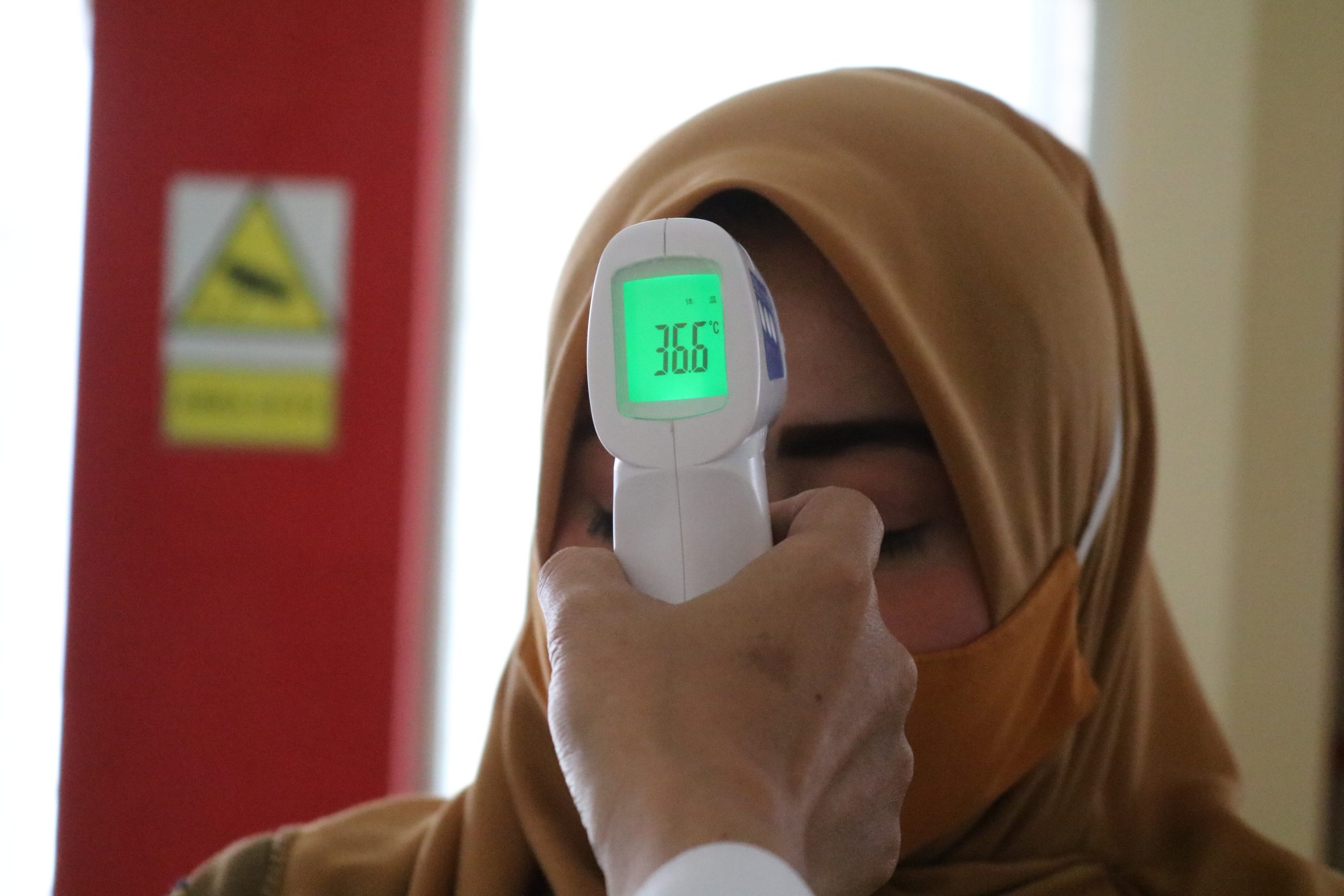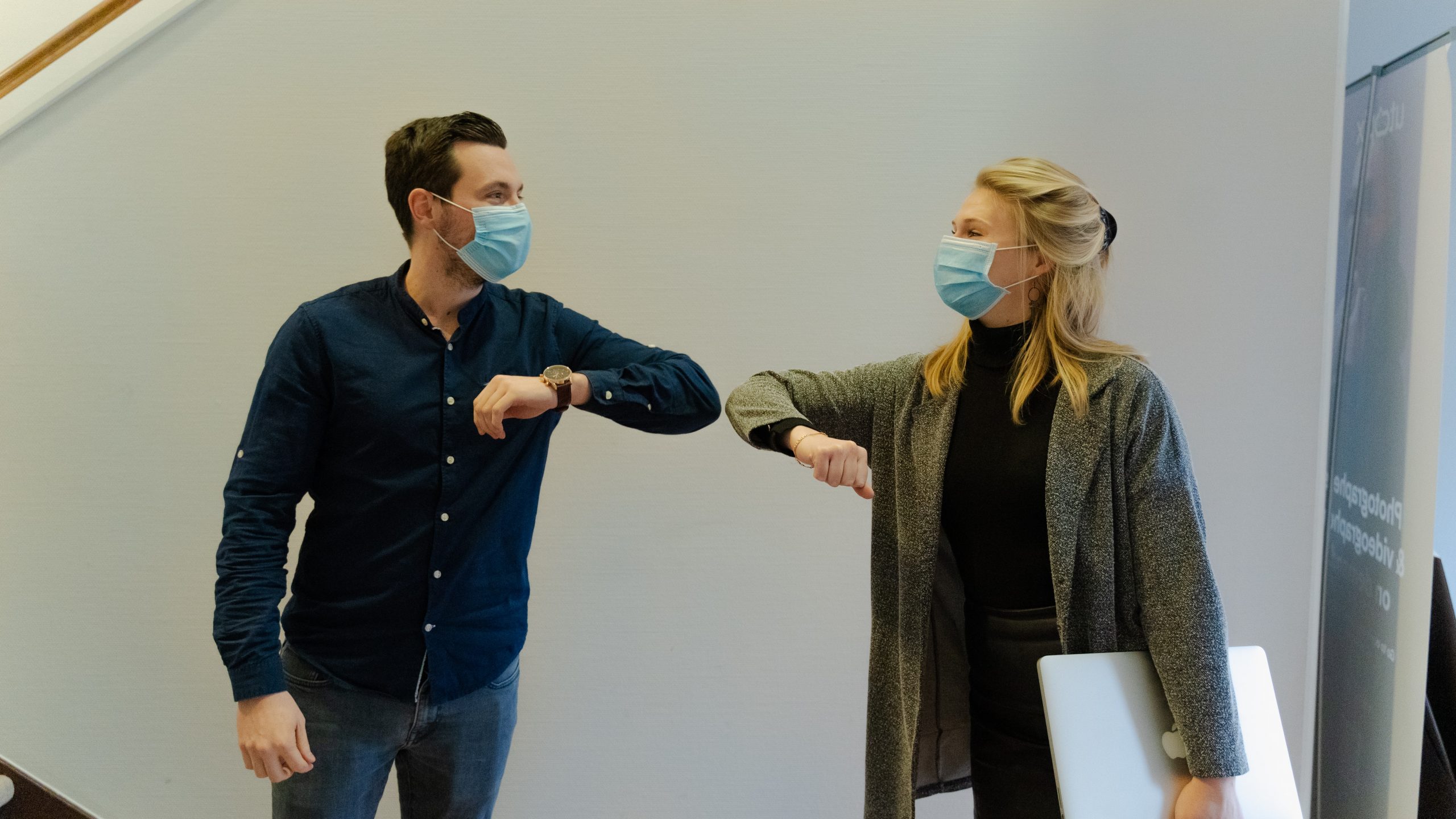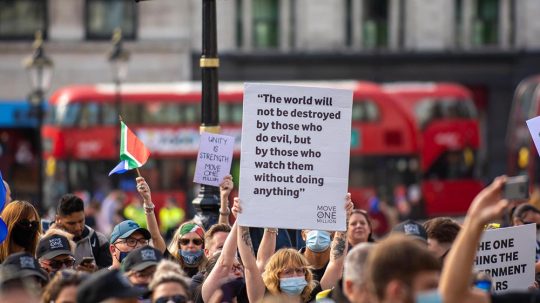The UK’s handling of the coronavirus pandemic has been deemed one of the worst ever public health failures, according to an inquiry report.
The UK’s approach to the pandemic in the early stages, which focused on trying to manage the situation and achieve herd immunity by infection, worsened the death toll, the report argued. Ordered by the House of Commons, the ‘Coronavirus: lessons learned to date’ inquiry was conducted by the Science and Technology and Health and Social Care Committees of MPs.
The report stated that the UK fared “significantly worse” than other countries due to a “slow and gradualist” approach to management. Widespread failures in handling the pandemic have infringed on multiple human rights throughout.

Credit: Mufid Majnun / Unsplash
The right to life – Article 2 of the Human Rights Act – did not protect the over 150,000 people who have died, and the right to a family life – Article 8 – was compromised by delayed and prolonged lockdowns. Children’s right to education – Protocol 1, Article 2 – was infringed upon by failures to provide clear guidance and standards for remote schooling.
Boris Johnson’s decision not to order a complete lockdown until 23 March 2020 had a negative impact on the death toll, the report concluded. The authors wrote: “It is now clear that this was the wrong policy, and that it led to a higher initial death toll than would have resulted from a more emphatic early policy. In a pandemic spreading rapidly and exponentially, every week counted.”
The report drew on evidence from more than 50 sources, including ex-health secretary Matt Hancock and the government’s chief scientific and medical advisers. “A degree of groupthink” was identified as a failing too, because it closed minds to other approaches being taken abroad, such as earlier lockdowns and effective test and trace methods.
“Quite simply, we were in groupthink,” the former Chief Medical Officer for England, Professor Dame Sally Davies, told the inquiry. “Our infectious disease experts really did not believe that SARS, or another SARS, would get from Asia to us. It is a form of British exceptionalism.”

Credit: Matt Seymour / Unsplash
Although in January 2020 Britain was one of the first countries to develop a test for Covid-19, the report found that the UK “squandered” this precious lead by halting testing outside of hospitals two months later. This limited the amount of data available and meant the abandonment of contact tracing until after the first wave had begun to wane in May 2020, which had “profound” consequences.
“Testing not only allowed individuals to be identified who had Covid-19 — and were infectious — but test results for an invisible virus were the only way to be able to accurately monitor the incidence and spread of the virus across the country, and to understand which groups it affected most and which it affected least,” the report said. “The UK was reduced to understanding the spread of Covid-19 by waiting for people to be so sick that they needed to be admitted to hospital.”
According to the report the pandemic exposed failures in governance, particularly with public bodies unable to share vital information.
“The initial response to the crisis also exposed some major deficiencies in the machinery of government,” said the report. “The structures for offering scientific advice lacked transparency, international representation and structured challenge. Protocols to share vital information between public bodies were absent.”
 Credit: Kelly Sikkema / Unsplash
Credit: Kelly Sikkema / Unsplash
Predominantly focusing on England’s response to the pandemic, the report acknowledged the UK’s success in delivering its vaccination programme to the public, highlighting that it has been one of the most effective in Europe.
However, the report revealed another violation of human rights. The committee heard that frontline NHS staff, who are disproportionately from ethnic minority backgrounds, faced real difficulty accessing appropriate Personal Protective Equipment (PPE) during the first wave of the virus. This meant that staff from ethnic minority groups had their right to freedom from discrimination – Article 14 – was also breached during the pandemic.
The in-depth parliamentary report exposed multiple government failings to protect the human rights of its citizens and now activists are asking for a full public inquiry to determine whether anyone is culpable.






